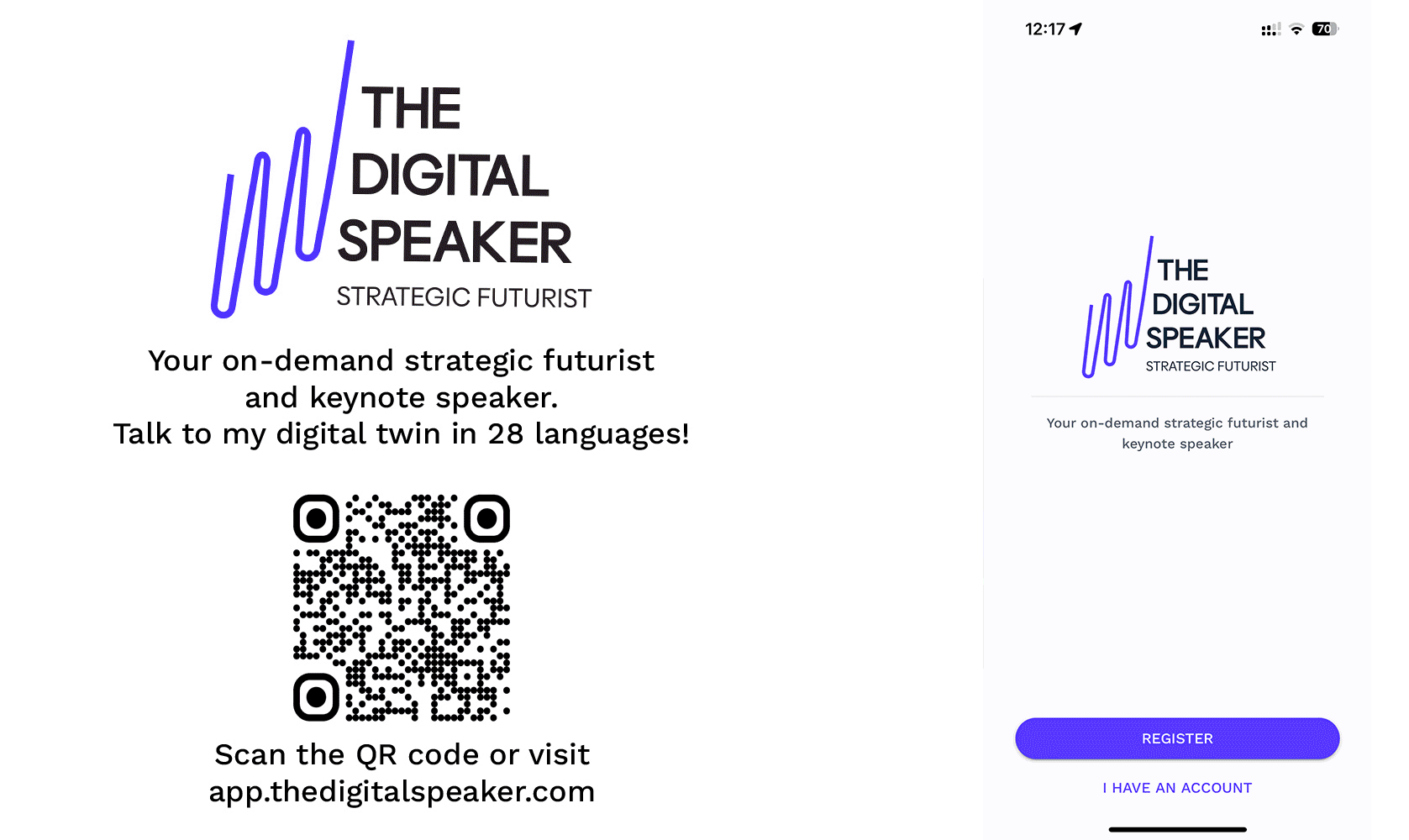CEO or Chatbot? The AI Takeover at the Top

As AI reshapes the office, even the highest echelons of corporate leadership are not safe. The role of the CEO, traditionally seen as indispensable and highly paid, is now under scrutiny for potential AI replacement. Companies like NetDragon and Dictador have already appointed AI-driven CEOs, handling strategic decisions without the usual human biases. This trend signals a significant shift in corporate governance, challenging the notion that leadership requires a human touch.
A 2023 survey by edX revealed that nearly half of executives believe most CEO tasks could be automated. This sentiment underscores a growing acceptance of AI’s capabilities in high-stakes decision-making. AI excels at analyzing vast amounts of data, identifying trends, and making dispassionate decisions. Unlike human executives, AI does not suffer from fatigue, emotional biases, or personal agendas. This could democratize top management roles, making them more accessible to individuals who excel in other areas but may lack traditional leadership qualities.
However, the transition to AI-driven leadership is not without its challenges. AI lacks the human qualities that are often crucial in leadership, such as empathy, intuition, and the ability to inspire and motivate employees. While AI can process data and generate insights, it cannot replicate the nuanced understanding of human behavior and organizational culture that experienced executives bring to the table. This raises questions about the potential for AI to truly replace human leadership or merely supplement it.
For C-level executives, the rise of AI in the boardroom represents both a threat and an opportunity. On one hand, executives who can effectively integrate AI into their decision-making processes could enhance their strategic capabilities and stay ahead of the curve. On the other hand, those who resist this technological shift risk becoming obsolete. The key for C-level leaders will be to strike a balance between leveraging AI for its strengths and retaining the human elements that are essential for effective leadership.
The concept of a “dark suite,” where AI handles executive functions, could lead to significant cost savings and operational efficiencies. However, it also poses risks related to accountability and trust. AI-driven decisions could shield companies from legal and ethical responsibilities, leading to potential abuses of power. Additionally, the lack of human accountability in AI-driven leadership could erode trust among employees and stakeholders.
As AI continues to evolve, the corporate landscape will undoubtedly change. The challenge for today’s executives is to navigate this transition thoughtfully, ensuring that AI serves as a tool to enhance, rather than replace, the human aspects of leadership. Will the AI-driven CEO trend lead to more efficient and cost-effective corporate governance, or will it fail to capture the essential human touch that drives organizational success?
Read the full article in the New York Times.
----
💡 If you enjoyed this content, be sure to download my new app for a unique experience beyond your traditional newsletter.
This is one of many short posts I share daily on my app, and you can have real-time insights, recommendations and conversations with my digital twin via text, audio or video in 28 languages! Go to my PWA at app.thedigitalspeaker.com and sign up to take our connection to the next level! 🚀

If you are interested in hiring me as your futurist and innovation speaker, feel free to complete the below form.
Thanks for your inquiry
We have sent you a copy of your request and we will be in touch within 24 hours on business days.
If you do not receive an email from us by then, please check your spam mailbox and whitelist email addresses from @thedigitalspeaker.com.
In the meantime, feel free to learn more about The Digital Speaker here.
Or read The Digital Speaker's latest articles here.





